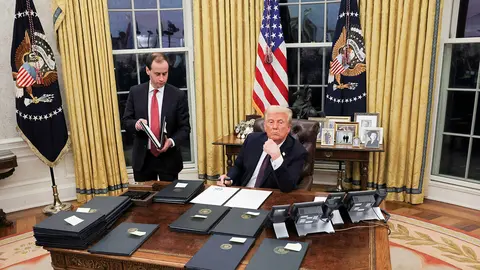Donald Trump calls on NATO members in Davos to increase military spending to 5 %

- ‘We have a lot to demand from the European Union’
- ‘Defence spending must be raised to 5%’
- ‘America First’
- ‘China and the United States will have a fair relationship’
- ‘If Saudi oil prices go down, the Ukraine war is over immediately’
- ‘We would all lose’
Barely 72 hours after officially assuming the Presidency of the United States and during his first speech to world leaders gathered in Davos, Donald Trump referred to priority issues such as the financing of NATO, the implementation of tariffs or the consequences of current oil prices, and assured that Ukraine ‘is ready to reach an agreement’ for peace and that he would like to be able to meet with Vladimir Putin soon.
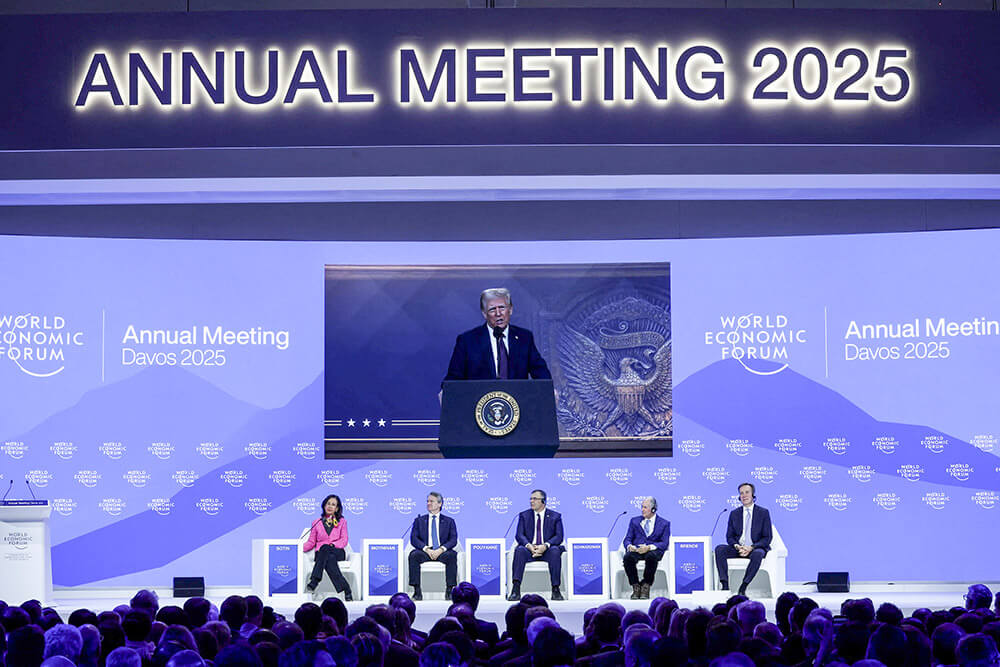
Since landing in the White House, Trump has not let up in his determination to change and shape the global economy for the benefit of his country. ‘If our country is richer and more united, the planet will be more peaceful as a result,’ he said, in what was a clear allusion to his campaign slogan ‘Make America Great Again (MAGA)’.
During his speech, Trump announced that the United States would not remain in the Paris Climate Accords or the World Health Organization, and that the terms of NATO membership and stay in NATO would have to be reviewed.
President Trump Gives Virtual Remarks to World Economic Forum 🇺🇸 https://t.co/eVJxbyEyTh
— The White House (@WhiteHouse) January 23, 2025
At the end of the speech, the US president answered questions from the press, which focused in particular on tariffs. Among the moderators who were able to ask questions was Ana Botín, president of Banco Santander, whom Trump addressed in glowing terms: ‘I know your bank very well; you have done a fantastic job’.
‘We have a lot to demand from the European Union’
In a recorded speech broadcast at the World Economic Forum, the new US president put on the table that relations between the European Union and his country are not the best: ‘The European Union has treated us very badly,’ he said.
Trump insisted that the EU's regulation of tariffs is greater than China's, from reducing the purchase of vehicles to agricultural products.
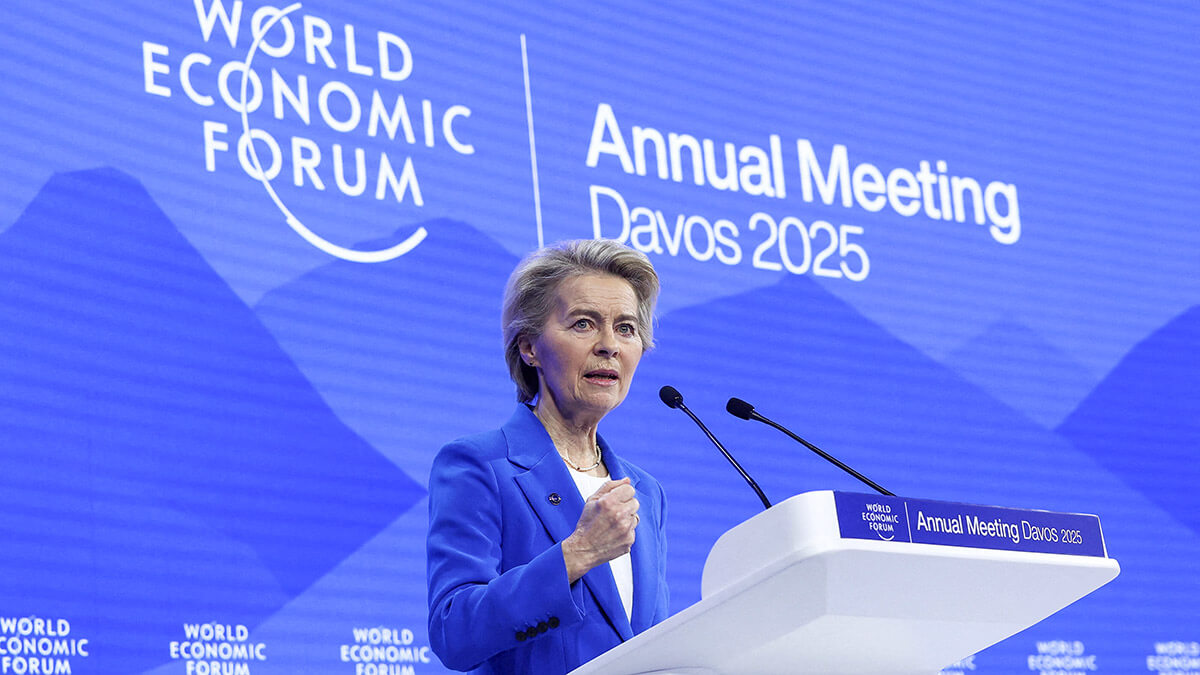
Part of Trump's rebuke of the European bloc may come from the leaders of the big tech companies, who were present at the inauguration and whose net worth would exceed that of the Union itself.
When Trump refers to unfair treatment by the EU, he is referring to the fine of more than 2.4 billion euros that the European Court of Justice has imposed on Google for antitrust practices; and on Apple, which had to pay more than 13 billion euros after moving its headquarters to Ireland.
In addition, the United States fears the possible sanctions that could be imposed on Facebook after the words of its CEO, Mark Zuckerberg, about the intention of Meta (parent company of Facebook) to introduce the famous ‘community notes’ that Elon Musk, CEO of X, introduced last year and that have caused such a stir among his detractors.
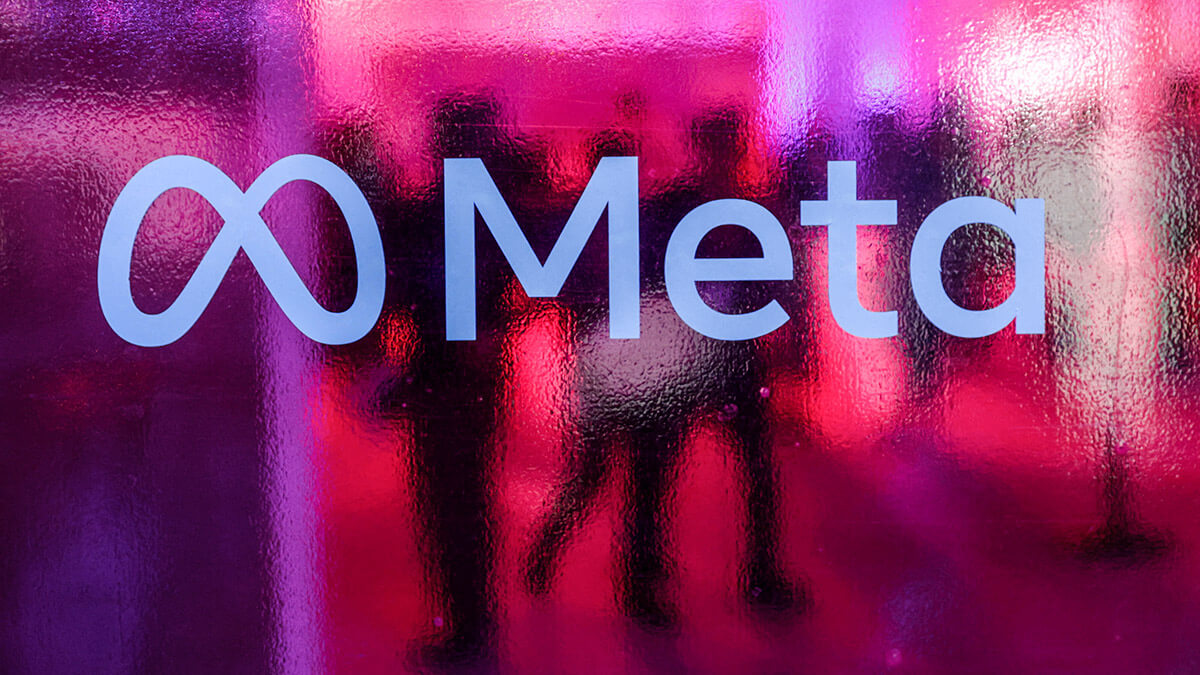
‘Defence spending must be raised to 5%’
With respect to NATO, Trump pointed out that the need to maintain 5% defence spending in budgets is practically mandatory. Currently, the spending to which member countries were committed was 2%, a percentage that countries such as Spain did not meet. However, Trump has made his country's permanence in the Atlantic alliance conditional on the remaining countries' spending reaching 5 percentage points of each country's general budget.
Trump's conditions are part of the reduction in spending and the ‘punch on the table’ that he wants to give to the rest of the world, as he considers that his country contributes more than it receives and that this is not in line with his ‘America First’ policy (the United States contributes 68% of the total budget).
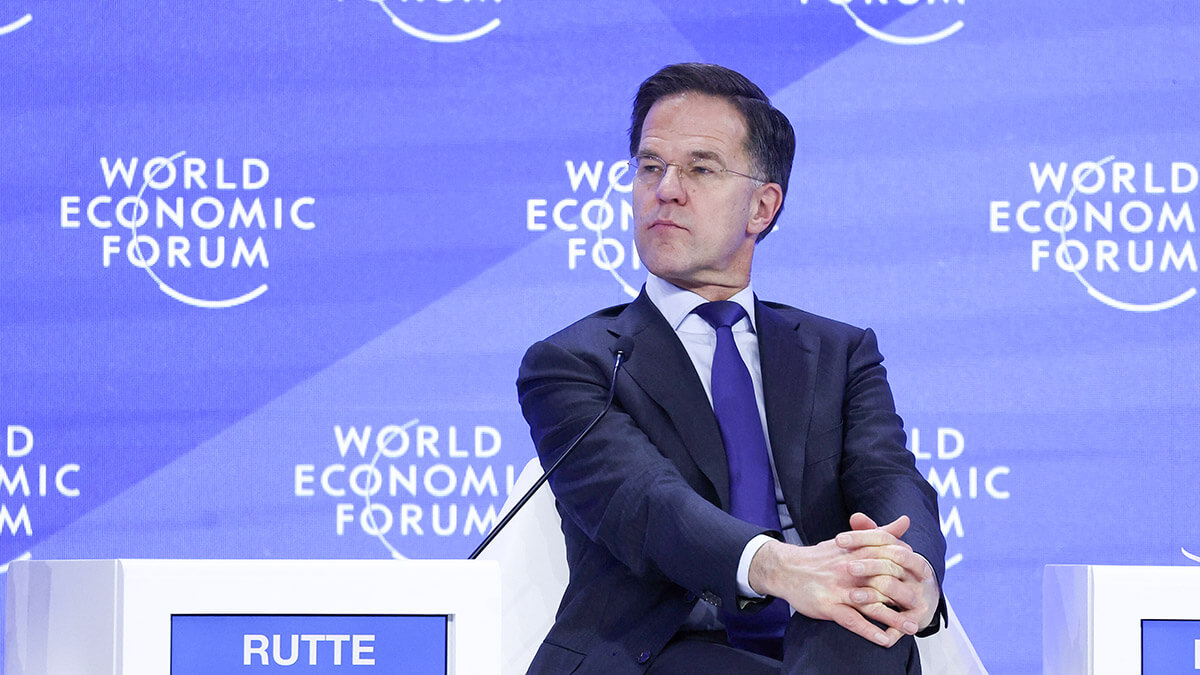
‘America First’
‘My message to every company in the world is very simple: come make your product in America, and we will give you one of the lowest taxes of any nation on the planet,’ the US president said.
The offer is the flip side of the threat to manufacturers and companies that they will have to pay tariffs to export their products within the United States.
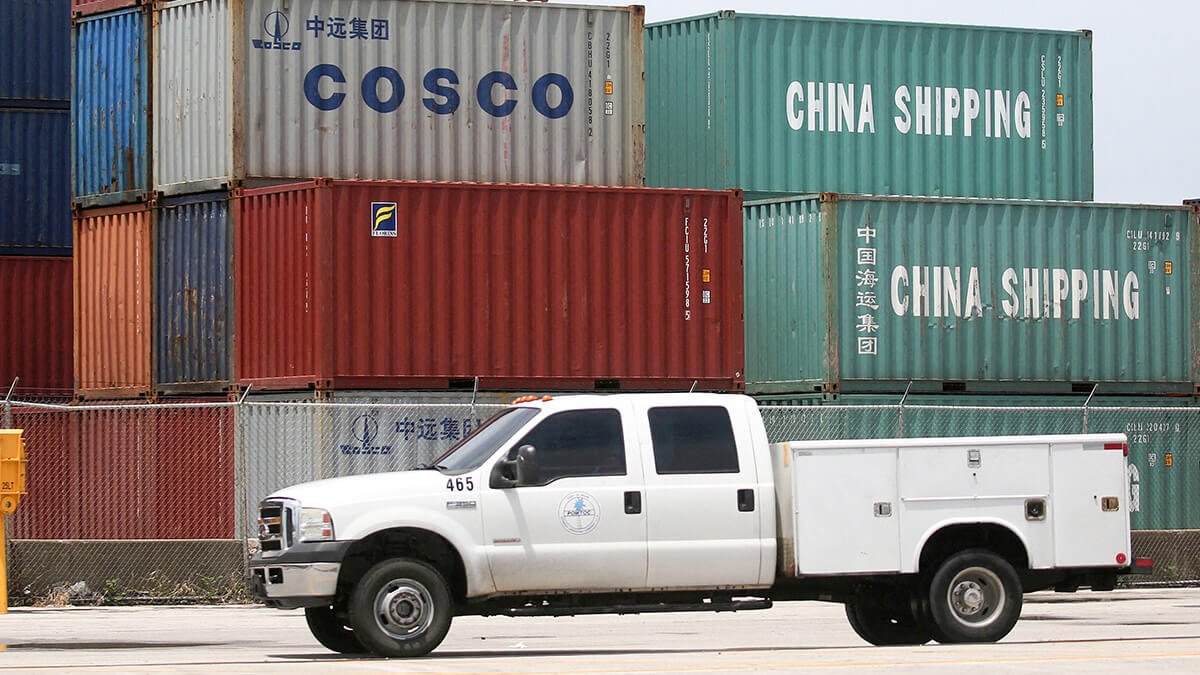
‘China and the United States will have a fair relationship’
The new US president made it clear that as long as China continues to pollute, he will not harm the US energy industry.
On the idea of maintaining a ‘trade war’ against China, President Trump said that despite the huge $1.1 trillion trade deficit left by the Biden administration, Beijing and Washington should have a relationship that is fair and similar to other countries in Asia, such as Singapore.
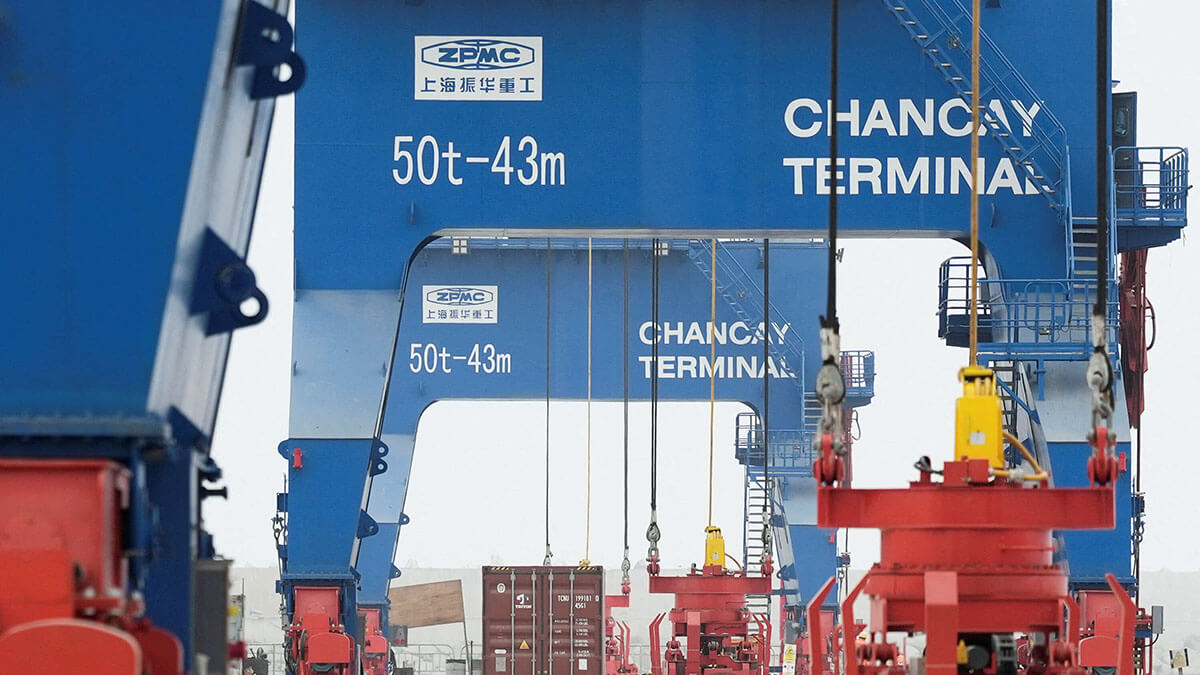
‘If Saudi oil prices go down, the Ukraine war is over immediately’
Donald Trump spoke about forcing Saudi Arabia and the rest of the OPEC member countries, to lower the price of oil. A surprising direct allusion, given that the Saudi crown prince, Mohammed bin Salman, recently announced an investment in the United States of more than 600 billion euros. ‘They should have invested a trillion,’ Donald Trump said sarcastically.
‘I'm going to ask Saudi Arabia and OPEC to lower the price of oil. They have to bring it down, which, frankly, I'm surprised they didn't do before the election. They didn't show a lot of love. I was a little surprised by that,’ he said.
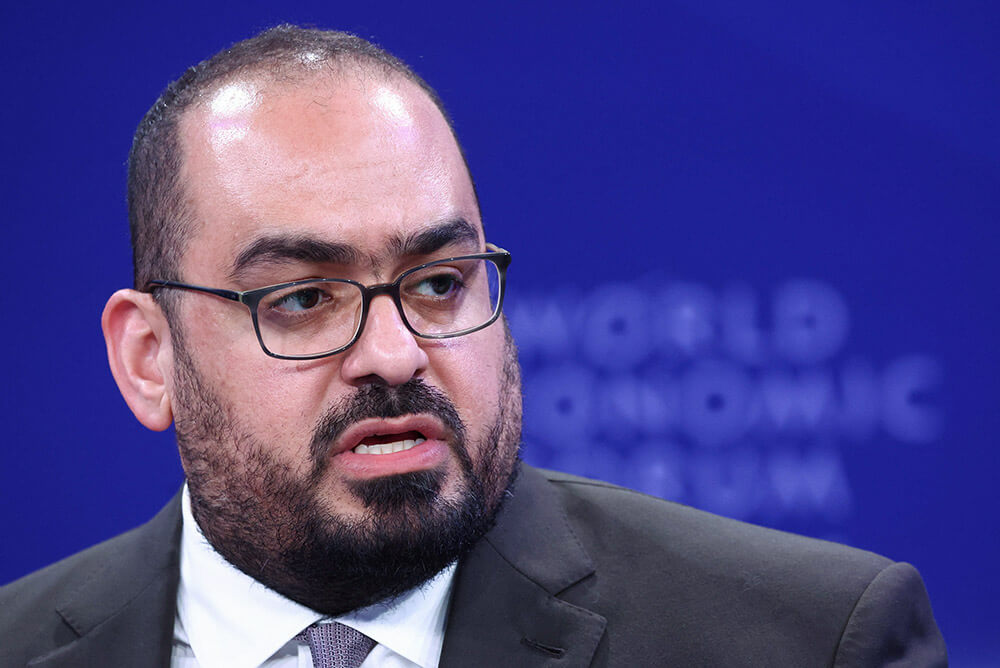
‘We would all lose’
‘I'm not saying I'm worried, but we should calm down and not hyperventilate,’ was the World Trade Organisation (WTO) head's statement, regarding Donald Trump's proposed new tariffs.
Ngozi Okonjo-Iweala, director of the WTO, stated that ‘a global trade war would only make us all lose’, in reference to the possible double-digit losses in the value of the world's Gross Domestic Product.
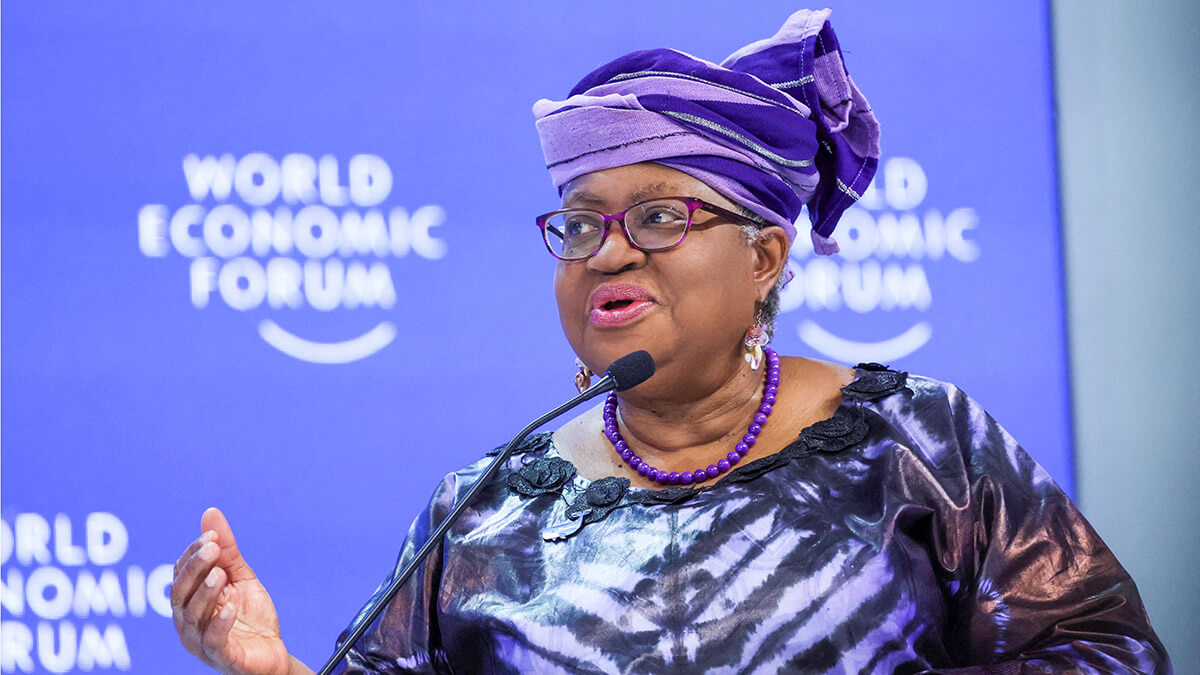
Furthermore, she pointed out that economic isolation often ends badly, as was the case with the Great Depression in the United States from 1929 onwards.
Along the same lines as Iweala, the European Commissioner for the Economy and Productivity, Valdis Dombrovskis, warned that countries that impose restrictions in the short term reduce deficits, but in the long term they can cause inflation rates to rise to double digits, which are prolonged over time.
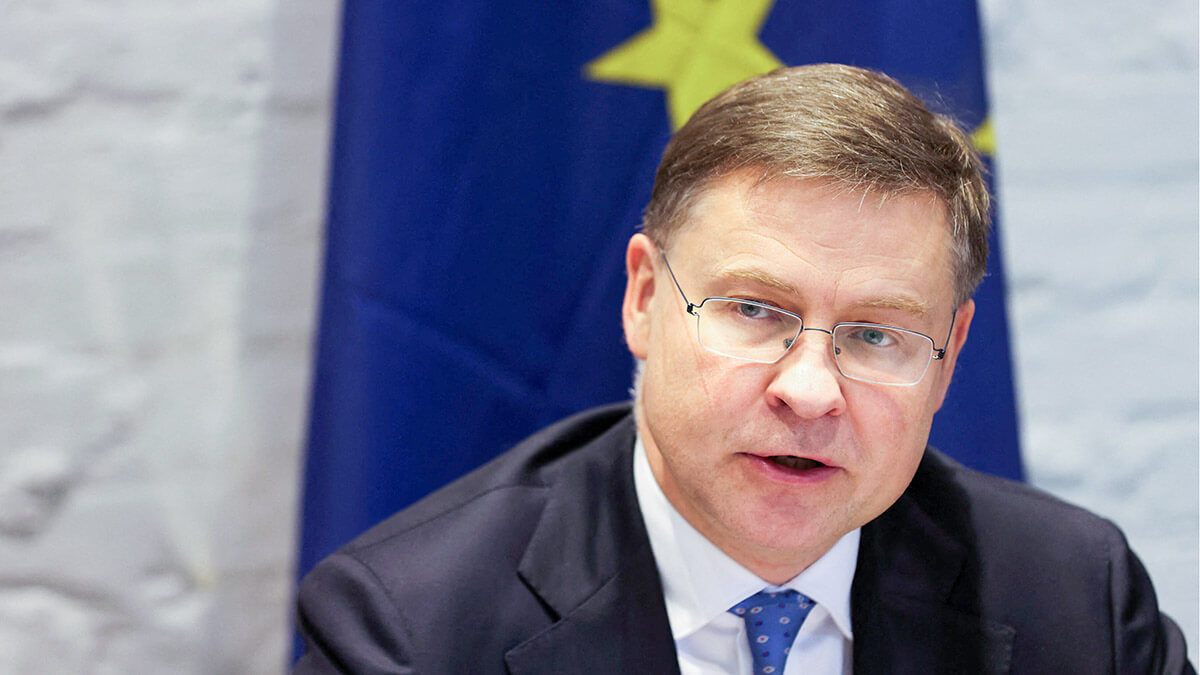
Moreover, although the US economy is, along with China, the most powerful in the world, it has a public debt of more than 31.4 trillion dollars, far exceeding its own spending ceiling, which prevents it from taking on more debt, so any moves by the Trump administration must be short and safe.
According to US trade law, the debt can never exceed 60% of GDP, a rule that has not been respected since 1988, under the Bush senior administration.

